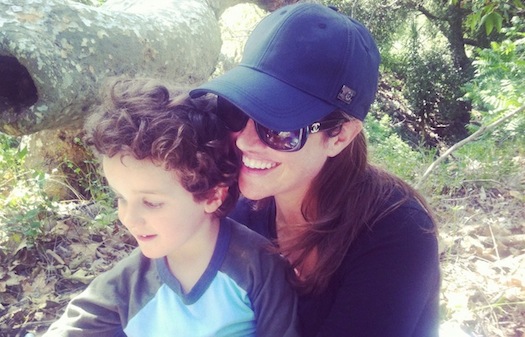I’m hard core when it comes to attachment-minded parenting practices in my home. I’m full-on natural birthing, breastfeeding, bedsharing, holding baby all the time, stay-at-home mommying or bringing baby to work with me, and loving guidance—which is why it surprises people that I don’t automatically condemn other parenting styles. For example, in another post, I made a statement that I don’t find spanking to be necessarily abusive and one person commented that this was Attachment Parenting heresy.
No, I don’t think that spanking has any place in an AP home. But, I’m also not naïve enough to think that spanking doesn’t sometimes happen. It may not be spanking—for some of us, our vice is yelling or sending a child to his room. We all make mistakes, and the idea that an AP parent never loses her cool is unrealistic. As importantly, we are all in different places on our own parenting journeys and just because a parent is still working on her issues and emotions doesn’t make her a bad parent.
When I work with parents, it’s important to remember that my role is not to change their minds about parenting, but rather to present them with the most up-to-date information regarding childrearing and then to support them in making their own decisions. I’m not the parenting police, so if a parent is spanking her child, it’s not my role to tell her to stop it. Rather, I can offer her information regarding the effects of punishment versus non-punitive discipline and then offer suggestions on moving toward a less punitive environment. But it is her choice, of course, to pursue that path. And it is my responsibility to not judge.
I cannot know what all goes into another parent’s choices. I may know a little, but even her or his spouse or partner likely doesn’t know the whole story. The parent her- or himself may not fully know.
It can be difficult to apply the AP mindset to our adult relationships, because after all, we’re adults and shouldn’t we know better? But once we’ve mastered what it takes to have a secure parent-child connection, taking it to the next level – with our spouse, our own parents, our friends, strangers in the car ahead of us that just cut us off, the really rude woman in line at the cash register, and so on – is the next frontier.
Of course, I’m not talking about bedsharing and breastfeeding when it comes to applying AP to adult relationships, but rather the attitude of unconditional acceptance and loving support. AP isn’t about whether or not we do certain parenting techniques but rather about the attitude that we’re bringing with those techniques. Spanking just isn’t of unconditional love; it’s of control and trying to change a person by force, rather than empowering that person to change themselves through their own choice.
It’s this attitude change that makes AP successful in families. If parents focus just on the parenting techniques themselves—to not punish, but without the AP mindset—they’re going to end up very frustrated and regressing again and again, or else confused or unsure about limits and therefore permissive.
The best way to teach AP, whether to our children or to our spouse or to another adult in our lives, is to model it. And judging others isn’t AP. We have to learn how to meet parents where they’re at in their parenting journeys right now, not where we think they should be, and to provide them the support they need to meet their goals of raising a secure, trusting, empathetic, affectionate, and joyful child.







